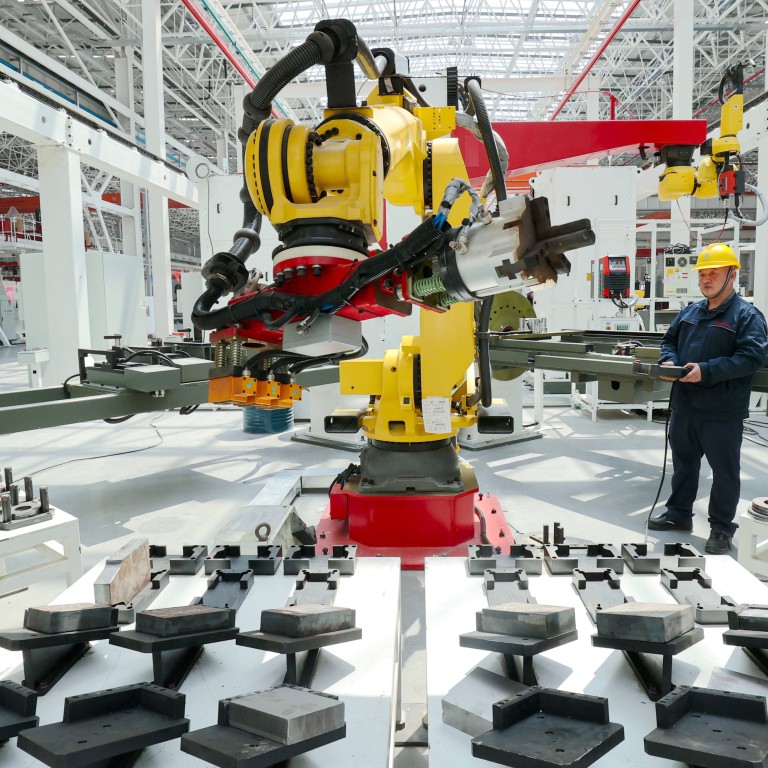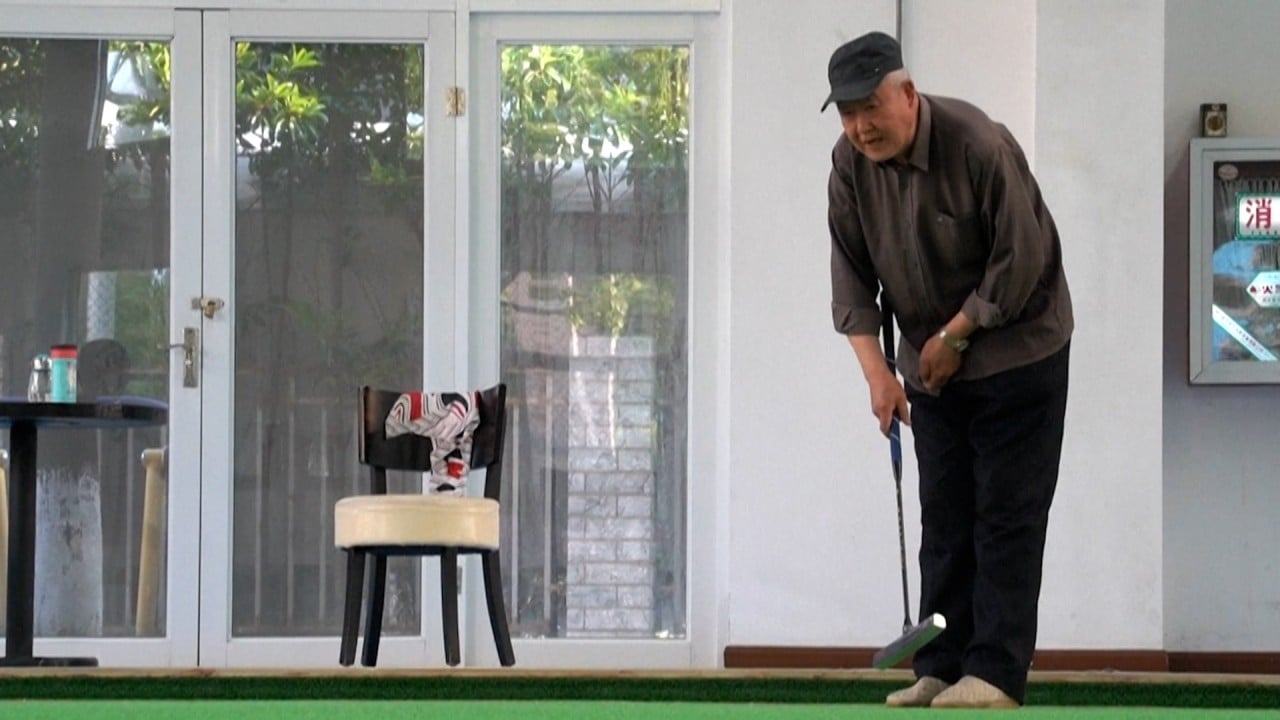
Chinese President Xi Jinping says economic growth plans must focus on manufacturing and technology
- Chinese leader told a planning meeting to focus on the ‘real economy’ and avoid sectors such as finance and property to avoid the risk of a bubble
- Officials also discussed ways to address the looming demographic crisis posed by a falling population
He also highlighted the importance of talent, which is essential to China’s ongoing efforts to upgrade the economy as it faces US efforts to contain it and a growing demographic challenge, a report by state news agency Xinhua said.
“[We need to] push for the transformation and upgrading of traditional industries, instead of letting them retreat to become ‘low-end industries’,” the meeting heard.
The report signals that Beijing’s stimulus effort will be highly focused on the advanced manufacturing sector and non-financial elements of the economy.
4 things to ponder as India overtakes China as most populous nation
It stressed that industrial security is “the priority among priorities”, and urged businesses to innovate.
Shao Yu, chief economist at Oriental Securities, said “industrial security”, meant Beijing wanted to maintain control of the complete industrial chain rather than allowing others to control key areas.
“The emphasis on this is largely the result of the current geopolitical environment,” he said.
China’s annual economic work conference late last year also stressed the importance of development and security for its industries.
“Improving human resources is another key issue as there’s no more population dividend for China now,” Shao added.
India has overtaken China as the world’s most populous nation, the United Nations said last month, after China recorded its first population fall in six decades last year, down 850,000 to 1.41 billion.
This means the number of working-age people – who powered its growth in previous decades – will fall in the coming years.
“Existing policies may not be able to stop the birth rate from falling further, let alone raising it to the population replacement level,” he said.
“The number of people is the basis of quality. A low birth rate not only brings a shrinking population size, but also an ageing population and falling number of talents. It’s a double whammy.”
As ‘weak confidence remains’, nearly 20 per cent of China’s youth jobless
Huang added: “As the West decouples from the Chinese economy, it’s becoming harder for China to enjoy a scale effect from the external environment, which makes maintaining its large population more important.
“The Western system dominated by the US is a billion-person economy that absorbs talent from across the world. It’s enjoying greater benefits from the population than China in terms of finance, market, industrial technology and even language and culture.
“Raising the birth rate above replacement level and maintaining the population size are key issues for not just the Chinese economy and competitiveness in science and technology, but also the entire nation’s power and people’s living standards.”
Officials at Friday’s meeting vowed to cultivate modern human resources with “good quality, sufficient quantity, an optimised structure and reasonable distribution” to support China’s modernisation.
They also pledged to speed up efforts to build a “fully fledged, advanced and secure” modern industrial system, which will help China “to maintain strategic advantages in future development and international competition”, Xinhua said.
The meeting also called for the opening up of international industrial and supply chains.
“We should make great efforts to foster world-class enterprises, cherish and value outstanding entrepreneurs and cultivate great craftsmen,” the meeting said.
The officials also vowed to tighten the Communist Party’s control over the Chinese economy in line with Xi’s previous comments that the party should have “centralised and unified leadership”.
Headwinds hang over China’s economic recovery despite first-quarter surprise
He has since moved to increase the party’s influence by setting up committees to oversee areas such as financial markets and technological development.
Those attending the meeting included Premier Li Qiang, the finance commission’s deputy director, Xi’s chief of staff Cai Qi and vice-premier Ding Xuexiang.



